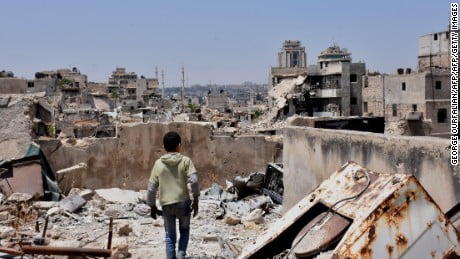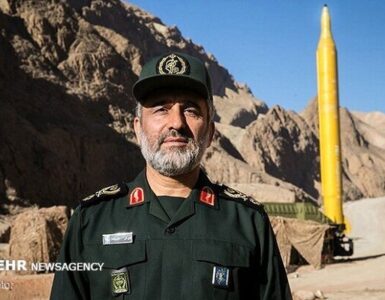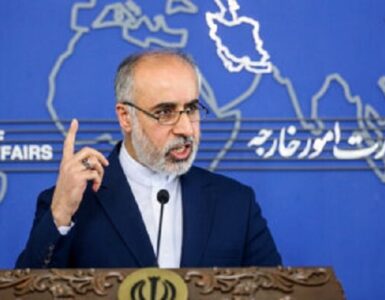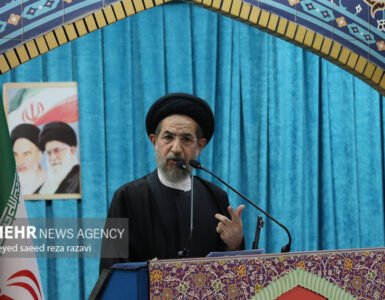Other top Middle East news
- Background: Over the past years, negotiations between Yemen’s warring sides have not resulted in any significant conflict resolution. There are several parties in conflict in Yemen but the Saudi-led coalition in the country has been fighting the Houthis.
- Why it matters: A Saudi-led coalition launched an offensive to restore the internationally recognized government after it was ousted by the Houthis. The Houthis had previously negotiated through the UN’s Yemen envoy, refraining from direct talks with the coalition or Yemen’s government.
- Background: Russia, the world’s second-largest crude oil exporter, could soon be forced to curtail production by 30%, subjecting the global economy to the biggest supply crisis in decades, the International Energy Agency warned. Last week, the price of oil skyrocketed to levels unseen since 2008 due to supply fears.
- Why it matters: The UAE and Saudi Arabia are two countries that have spare capacity to possibly ease a global oil deficit, but both Gulf nations have so far remained committed to the OPEC+ deal with Russia — even after Putin’s invasion of Ukraine. OPEC+ meets at the end of the month.
- Background: Tunisia faces a political and economic crisis as President Kais Saied focuses on rewriting the constitution after instituting one-man rule despite warnings of an imminent collapse in public finances that threatens national bankruptcy.
- Why it matters: UGTT, along with Tunisian political parties, has for months demanded that Saied adopt a more inclusive approach after he brushed aside the democratic constitution. The union says it has more than a million members and is seen as Tunisia’s most powerful political organization, capable of shutting down the economy with strikes.











